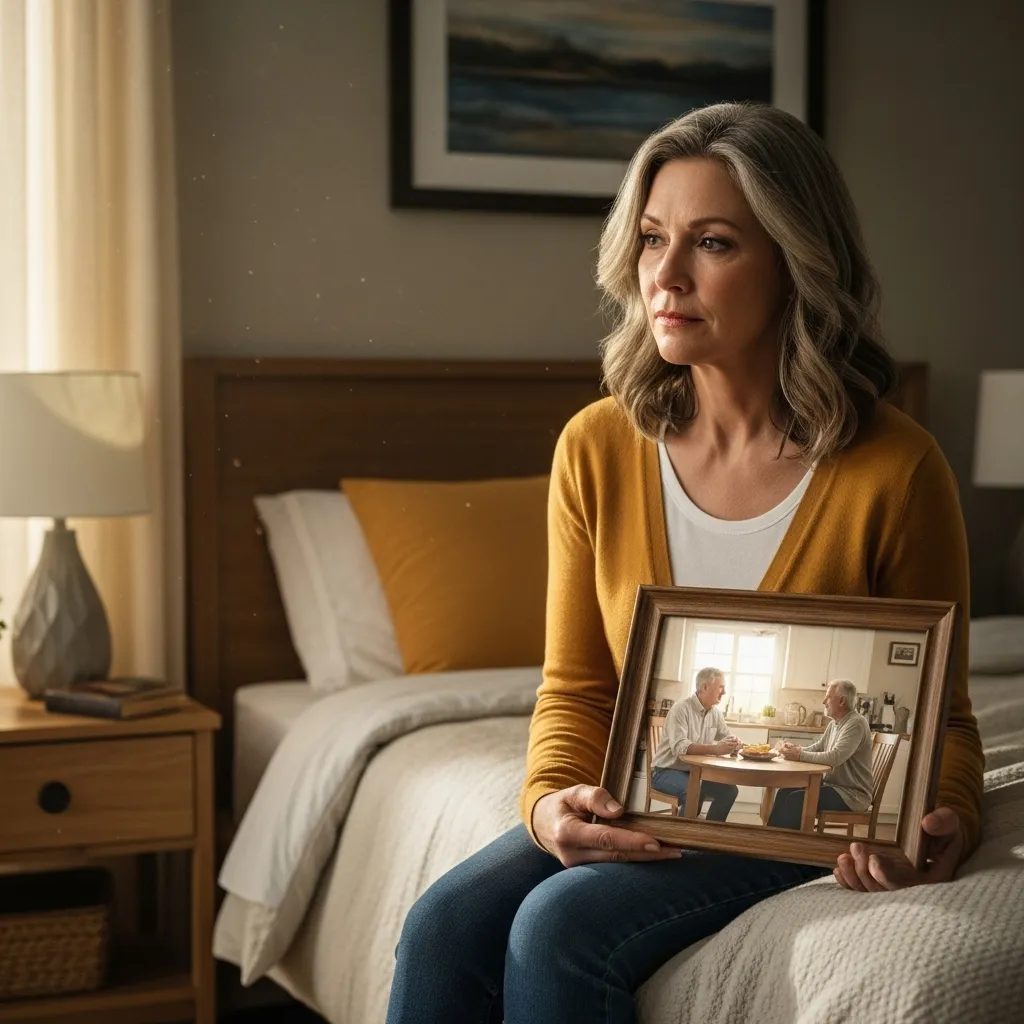
Memory And Learning
It’s a widespread opinion that as the brain ages, a person’s capacity for reasoning begins to drop. But in reality, there’s very little truth to this. A senior’s intellectual capacity stays the same into their old age.
In fact, as little as 1% of the population will live long enough to be impacted by senility. While seniors are just as savvy as younger people, they sometimes process information slower, or they may have to repeat a new skill a few times before the actions become second nature.
So the saying: “Old dogs can’t learn new tricks,” is simply untrue! A poor memory is a stereotypical condition of a senior citizen. But the truth isn’t as bad as people tend to acknowledge.
Suppose your elderly loved one isn’t experiencing dementia or hasn’t suffered any kind of brain injury or other cognitive illness. In that case, their “forgetfulness” probably consists of brief memory lapses.
These lapses are everyday occurrences in life as we age and are more of an annoyance rather than an area for concern. A healthy senior’s long-term memory is just as good as anyone else’s.
So if it seems as though your loved one forgets essential things, like doctor’s appointments or where they left their glasses, it’s probably because this information didn’t remain in their short-term memory bank long enough to be transferred and stored in the long-term memory.
If you feel that your loved one’s forgetfulness is hindering their ability to function, you should research the signs of onset dementia. You should also be aware that certain reversible conditions affect the memories of individuals who are both young and old. A few of these include:
- Medication side effects
- Lack of sleep
- High stress
- Depression
- Treatable conditions, like thyroid problems or a vitamin B-12 deficiency













